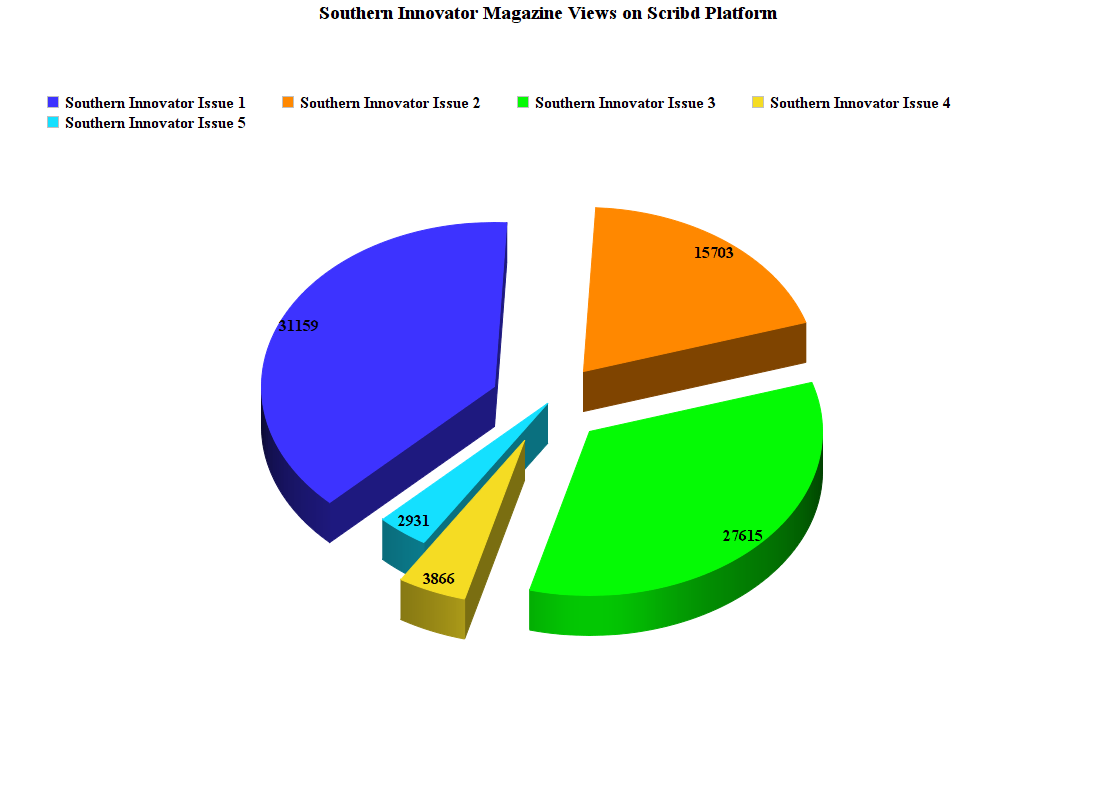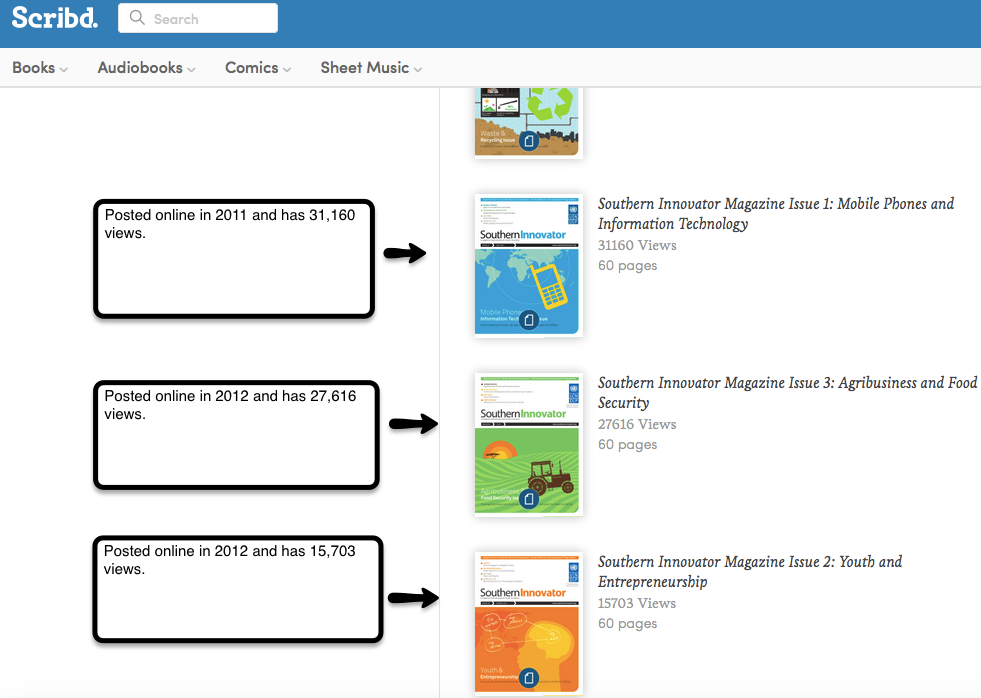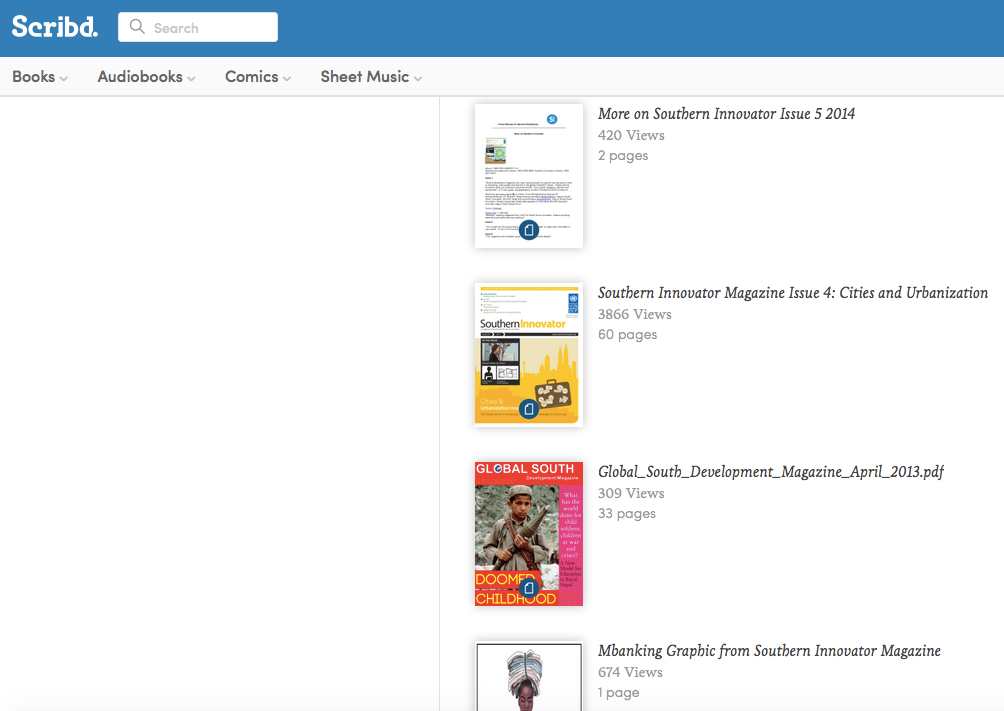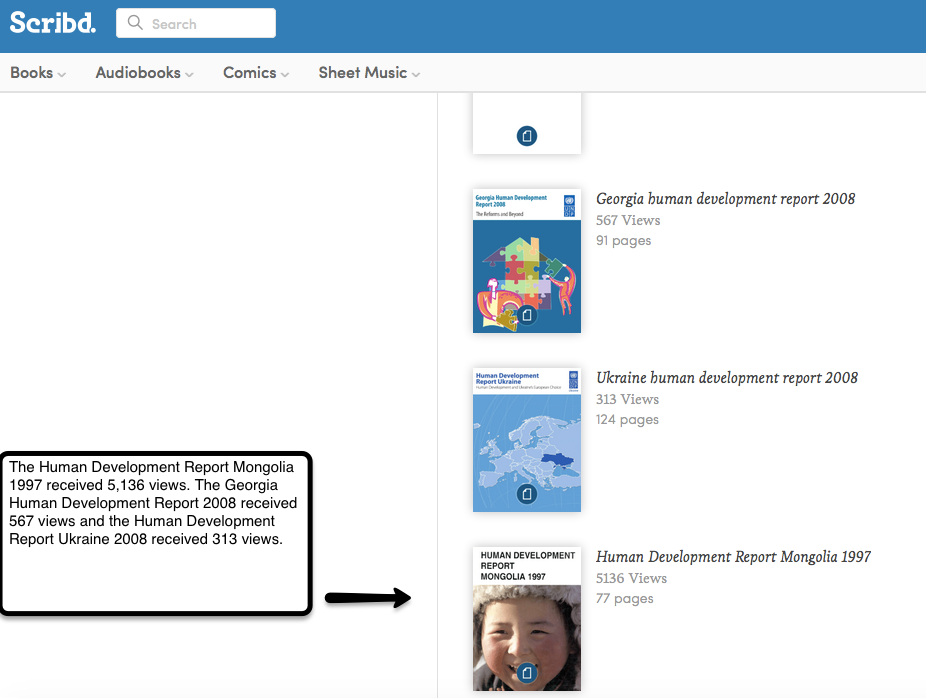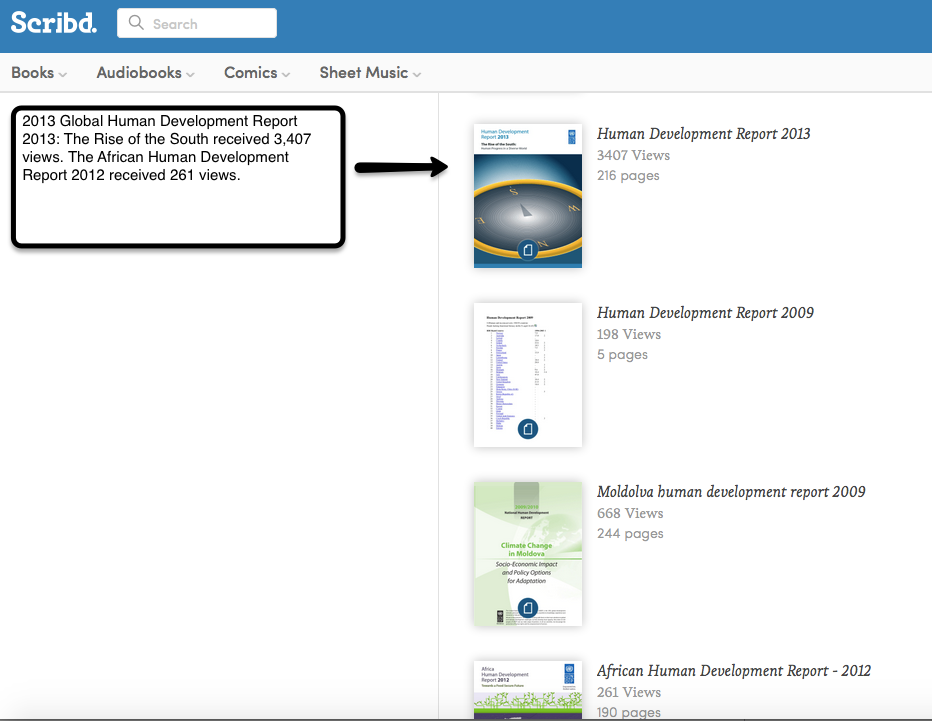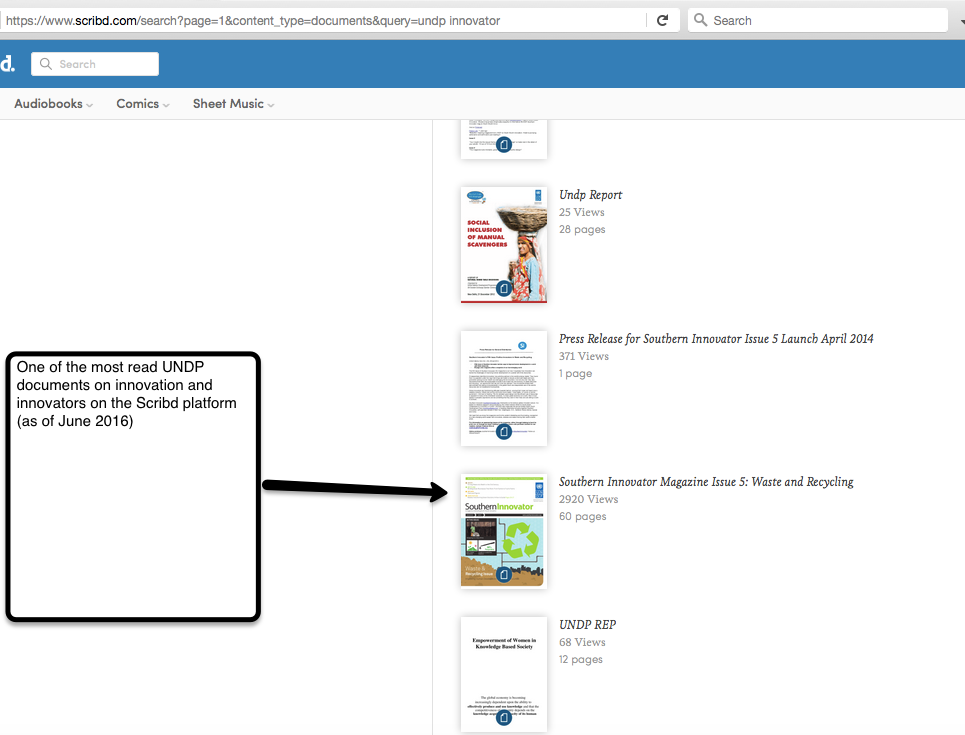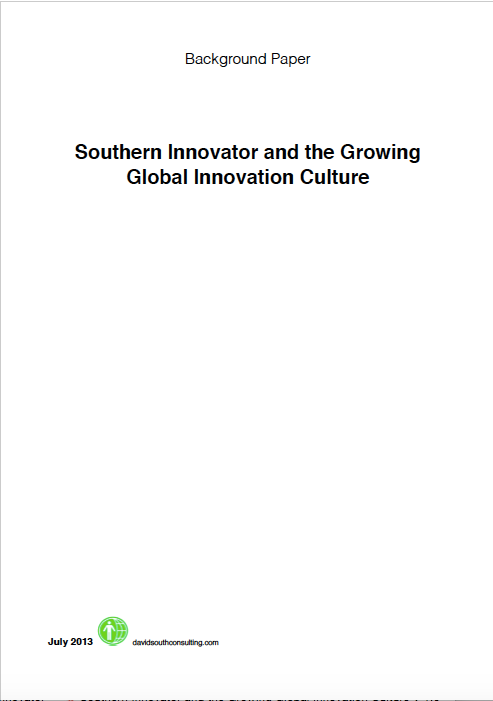In the Interests of the Exploited?: The Role of Development Pressure Groups in the UK
 Friday, March 10, 2017 at 12:24PM
Friday, March 10, 2017 at 12:24PM
Paper delivered to the School of Politics and Government, Birkbeck College, University of London, London, UK, 2000
“Many Northern NGOs have assumed the role of ambassadors for the world’s poor (Clark 1992: 18)."
By David South
The question “Do pressure groups increasingly advance the fancies of the middle classes at the expense of the interests of the exploited?” is particularly relevant when applied to the ever-expanding network of international development pressure groups (IDPG) in the United Kingdom. Many of these groups are based in London, making use of its political networks, diplomatic connections (the UK is signed up to more international covenants and organizations than any other country), excellent travel links and centrality to the global financial system. While these groups promote their work and policies utilising sophisticated advertising and media campaigns (Save the Children Fund, for example, spends £14 million annually), they rarely come under scrutiny for their claims that they “speak for the poor” (Edwards and Hulme 1992: 23). In fact, “Many Northern NGOs have assumed the role of ambassadors for the world’s poor” (Clark 1992: 18). This question is of particular importance because governments are turning more and more to non-governmental organizations (NGOs) to administer and deliver international aid projects (Dolen 1992: 19).
In 1989, Graham Hancock’s seminal book Lords of Poverty singled out government development agencies and the United Nations for being “rich and powerful bureaucracies that have hijacked our kindness” (Hancock 1989: xiii). He, however, deliberately “refrained from mounting an offensive against the voluntary agencies … by and large I believe their staff to be well motivated and their efforts worthwhile … They rarely do significant harm; sometimes they do great good” (Hancock 1989: xiii).
One of the major changes to occur since Hancock wrote those words has been the co-opting and drawing in of development NGOs even further into the priorities of the bilateral and multilateral donors. They have been placed on a pedestal as the voice of the world’s exploited, and lead high-profile pressure campaigns to alter and direct aid and foreign policies of the UK (Jubilee 2000’s drop the debt campaign is one example). This paper will explore whether international development groups “advance the fancies of the middle classes”, looking at their role in UK policy formation, and whether they accurately reflect the wishes of the “exploited” of the world, in this case, the poor (Kanbur and Squire 1999: 1).
Development pressure groups in this paper include charitable non-governmental organizations engaged in advocacy or project implementation, or both. I have excluded the plentiful university departments that conduct extensive research into development practice and policy. The reason for this is the mandate of charitable development pressure groups: they appeal both to our heart and our head.
Where we stand now
British development policy has taken on a higher profile under the Labour Government elected in 1997. The Department for International Development (DFID) was set up as a separate department removed from the Foreign Office and given a full-time minister, Clare Short. DFID also released the first white paper in 22 years on international development, Eliminating World Poverty: A Challenge for the 21st Century.
As Short says:
Now the development interest comes to the top level of the British Government’s considerations. The department is no longer just an aid department. It is now charged with the responsibility of looking at all aspects of policy: trade, debt, environment, agriculture in the global system and ensuring that Britain’s policy on these takes account of the development interests. (Earth Times, 1999)
The Labour Government is seeking to play a key role in the global debate on the future of international development. As part of this approach, the government aspires to work more closely with those NGOs who support their conciliatory approach to global institutions such as the International Monetary Fund (IMF), the World Bank and the World Trade Organization (WTO). International development pressure groups are thus presented with a tantalising but difficult decision: work closely with the government on achieving its goals - and so gain access to a steady stream of funding - or remain autonomous but risk being frozen out of the mainstream debate.
The financial stakes are high for the NGOs. According to the Organization for Economic Cooperation and Development (OECD), northern NGOs as a whole spend US $10 billion annually (Smillie 1998: 157). They have evolved into significant economic sectors in their own right, employing thousands, with their tentacles stretching out to the global media and countries around the world.
In the UK, international development spending is currently £2,367 million annually, of which £182 million is channelled through NGOs (DFID 1999). OECD figures show that aid channelled through NGOs rose from 0.7 percent of all aid in 1975 to 5 percent in 1993 (Covey 1992: 4). As well, the number of international NGOs soared in the last century, from nine in 1909 to 28,900 by 1993 (Covey 1992: 3).
If aid is a business, then business is good. Save the Children Fund, to take one example, saw its income increase from £6 million in 1981 to £60 million in 1991 (Dolan 1992: 205), to £97.3 million in 1999 (Save the Children Fund website). Of the current budget, £40.9 million comes from grants given by government development agencies. It also spends £14 million a year on publicity and fundraising.
The “fancies” of the middle class
Interest or pressure groups are in the main a middle-class phenomenon, being largely staffed by the educated middle classes (even so-called ‘working class’ interest groups such as trade union associations can be found to be mainly staffed by the middle classes). They are the product of educated, aspirational citizens who believe they can and should play a role in the world. Moran suggests, “If we are no longer ‘working class’ we can define our social identity and political demands in numerous ways: so groups emerge catering for nuclear pacifists, radical feminists, etc.” (Moran 1985: 236). As Petracca points out, “The rise of citizen groups is probably best explained by a combination of factors: the growth of the middle class in the 1960s, a revolution in communications technology, and the emergence of interest group patrons” (Petracca 1992: 23).
Since the middle class is the core audience for these IDPGs (they vote in large numbers and they have funds to donate), they also colour the priorities of what gets on the development agenda.
Over the past 20 years, IDPGs have used a variety of appeals to raise money and exert pressure on the government. In the beginning appeals were driven by humanitarian disasters such as the famine in Biafra in the 1960s. These appeals struck a strong emotional chord, presenting images of extreme suffering at a time when the UK was enjoying a post-war economic boom. More recently appeals have focused on small-scale development projects such as water wells and classrooms. In the 1980s and 1990s they took on a more economic tone, epitomised in the “ethical shopping” encouraged by Oxfam with its line of Bridgehead products. This coincided with the expansion of a consumer culture and is probably the most graphic example of the marriage between humanitarianism and middle-class consumer lifestyles. It effectively promotes the idea that an alternative and fairer economy can be bought, one rainforest chocolate bar at a time. The environmentalist Dobson is especially critical of social change by shopping: “The Body Shop strategy is a hymn to consumption: in their contribution to the Friends of the Earth Green Consumer Week leaflet (12 and 18 September 1988) they urge people to ‘wield their purchasing power responsibly’ rather than to wield it less often” (Dobson 1995: 135).
In the last couple of years the focus has moved towards the phenomenon of globalisation and a perception that existing internaitonal institutions have failed the poorer countries; that they should be revolutionised or drop-kicked straight out of the global arena. How much are these cries to do with heartfelt concern for the poor of the developing world, and how much to do with middle-class angst over a rapidly changing global order with new economic powers such as China and new uncertainties? Certainly, many of the IDPGs are working both sides of the street, protesting the global institutions and national development agencies while also taking more and more of their grants to fund their activities.
It was once easy to criticise the international development bureaucracy for leading a life of aloof leisure, jetting from conference to conference, inhabiting a world so far removed from the poor that they might as well be living on another planet. More and more this can be said of the parallel world of international NGOs, whose bureaucrats also hop around the world attending conferences and government meetings. Steve Hellinger, co-founder and president of the Development Group for Alternative Policies, notes that NGOs’ dependence on public monies “has affected the way they deal with policy issues. Instead of representing the interests of the people in the South, they are increasingly supporting the interests of the aid institutions” (New Internationalist, 285, 1996).
The relationship between the articulated goals of development pressure groups and the effect they have in the countries of the exploited was the subject of a documentary on Channel 4 Television aired in November 2000. The Hunger Business documents the frustrations felt by Africans who found development NGOs put their own preconceptions ahead of asking Africans what they needed or wanted. This led to aid exacerbating many of the conflicts in the region. As Kenneth Hackett of Catholic Relief Services said, “if food keeps them alive to fight a war, then so be it” (The Hunger Business). Aid donations may have been harder to come by if people knew the messy regional politics.
Pressure and policy
The distinctive nature of the British political and social scene has also contributed greatly to the rise in influence and power of development pressure groups. As far back as the Victorian period, there has been a strong tradition of like-minded individuals banding together to do good works, especially among the poor. Many of today’s British NGOs have their roots in the extensive network of missionary organizations established in this period.
Britain also has a tradition of seeking help when it decides to alter or expand its role in a particular sphere of influence, which was the case at the turn of the 20th century:
The British government decided to increase its involvement in the social and economic well-being of its citizens, the friendly society movement was a factor to be reckoned with. The medical profession also claimed to speak for the general public as well as its members. (Van Der Valk 1998: 112)
There are strong parellels between this time and the current political climate. Unlike the Conservative government before it, the Labour government under Tony Blair has made it explicit policy to increase funding of, and involvement in, international aid and development. It has broadened its areas of interest (thus needing expertise from NGOs) and is also seeking lobbying power in order to exercise greater influence in the global negotiating game to reform and alter major international institutions such as the World Bank and the International Monetary Fund. Its new priorities include poverty elimination by 2015, empowerment of women, human rights for all, making government work for poor people, including better health care, tackling the water crisis and expanding primary education (DFID).
These priorities dovetail well with those of NGOs such as WaterAid, Oxfam and Save the Children Fund, which also have a storehouse of experience and contacts in these areas.
To have any influence on policy-making in the British parliamentary system like-minded individuals must form interest groups.
Of all the Western democracies, Britain has perhaps the longest-established interest group system. Thus, despite the lack of a written consitution, British policy-making has certain well-established procedures - standard operating procedures - which generally accord interest groups a key role in the policy process. (Richardson 1993: 86)
Nowhere has this become more strongly felt than in international development. NGOs have altered what development means and broadened it to include a wide range of community activities. The symbiotic relationship is mirrored in the policy goals of the Department for International Development.
As Weir and Beetham note: “The relationship between organised interests and departmental officials varies across policy domains, but many interest groups perform an intimate role in the way policies are formulated and are often vital to policies being carried through in practice” (Weir and Beetham 1999: 271).
This is also a game in which presentation and professionalism wield influence. IDPGs invest heavily in a range of publications to communicate their views and use the latest in information technology to influence public opinion. As their funds have grown, they have been in the forefront of adopting the sophisticated marketing techniques developed by major corporations. This becomes a virtuous circle, in which more sophisticated communications and marketing creates a more professional public image and in turn draws in more funds. The more funds available to plough into modern communications and research, the greater the pontential impact on the government. Wealthy organizations “naturally achieve their objectives more readily than poorer pressure groups which do not represent powerful sectional interests whose cooperation government departments require” (Beetham and Weir 1999: 275).
Development pressure groups have in many ways been the beneficiaries of the same neo-liberal propensity to private execution as the UK’s business lobby. Contracting out and privatisation are a reflection of dwindling faith in the public sector’s ability to meet people’s needs.
There is also another factor influencing the IDPGs’ rise in power. Mulgan calls this a period in which “weak” organizations have the advantage over traditionally “strong” orgnisations such as the civil service or political parties (Mulgan 1990: 347). He sees both the marketplace and interest groups of like-minded individuals as offering more choice and opportunity than the traditional institutions of democracy. In this environment the opinionated pressure groups will be able to exert greater influence. They are fleet-footed, able to push the agenda ahead, while civil servants are hampered by protocol and hierarchies: “The most significant factors are the general ascendance of free market economics (Toye 1987) and its corollary, a belief that government agencies are ineffective” (Dolan 1992: 203).
These groups also benefit from the decline of rigid class-based politics in the UK. “As support for the two big class-based parties has diminished, so cause-based pressure group activity has won popular support” (Jones and Kavanagh 1994: 236).
They are quintessentially modern organizations, placing more value in intelligence-gathering and opinion-forming than in traditional project managment. As Clark notes, “The ‘software’ of their trade - ideas, research, empowerment, and networking - are rapidly becoming more important than their ‘hardware’ - the time-bound, geographically fixed projects, such as wells and clinics. In this age, information and influence are the dominant currencies rather than dollars and pounds” (Clark 1992: 193).
Ear to the ground: do the exploited have a voice?
According to the United Nations Development Programme, more than 1.3 billion people live on just US $1 a day (UNDP). Concern for the world’s most exploited is on the official development agenda of all Western governments. Most governments in the developed world explicitly acknowledge that extreme poverty is the most vicious form of exploitation that can be experienced by a human being. Awareness of the plight of people in developing countries is widespread, in that most people generally believe life must be, as Hobbes put it, “poor, nasty, brutish and short.”
One of the key claims of NGOs is that they have an extra ear to the ground when it comes to understanding the needs of the world’s poor. Certainly, the world has become a more vocal place with the rise in freedom of expression and electronic communications in many countries. As Covey remarks, “Democratisation, in its messy evolution in societies around the globe, tugs NGOs toward a more active policy-influencing role as more political space opens for people’s voices in public affairs” (Covey 1992: 167).
But there is now a growing body of evidence that development pressure groups are not as tuned in to the needs of the exploited as they claim. The advocacy role of these NGOs in Northern countries such as the UK has been criticised by NGOs in developing countries, who say they are making policy suggestions without consulting fully the people who would be most affected by them.
Covey adds: “Recent doubts expressed by Southern NGOs about the advocacy role of NGOs in the North (speaking ‘on behalf the poor’) provide one illustration of this difficult issue” (Covey 1992: 14).
Covey calls the devolution of power and funds to NGOs a phenomenon equivalent to the rise of the nation state in the 19th century (Covey 1992: 4). This is called “New Policy Agenda”, and is characterised by neo-liberal economics and liberal democratic theory.
IDPGs may express a concern for the exploited, but in practical terms they are often more accountable to their funders. Smillie notes:
Despite the growing consensus that people’s participation is a hallmark of good development projects, NGOs are seldom formally structured to ensure their accountability to grassroots organizations. In fact, NGO accountability procedures are most often designed to meet donor needs rather than grassroots objectives. (Smillie 1998: 170)
Research into social movements and advocacy organizations working with the poor has shown an overarching tendency to seek stability and co-optation over confrontation with elites. A study conducted after the turbulent and socially active late 1960s and 1970s found that:
In the largest part organisers tended to work against disruption because, in their search for resources to mainstream their organizations, they were driven inexorably to elites, and to the tangible and symbolic supports that elites could provide. (Cloward and Piven: xxii)
The effect development NGOs have on the communities they seek to serve also is not wholly helpful. Many “NGOs are seen as eroding the power of progressive political formations by preaching change without a clear analysis of how that change is to be achieved; by encouraging income-generating projects that favour the advancement of a few poor individuals but not ‘the poor’ as a class; and by competing with political groups for personal and popular action” (Edwards and Hulme 1992: 20).
Hellinger criticises these organizations for often ignoring local views and destroying local initiatives:
The policies of aid are being made from afar and creating an environment that makes local-level development more difficult than ever. People are being forced to look continually outward for answers - for money, markets, advice, technology. The solutions are being found less and less often within these societies. It’s debilitating. (New Internationalist, 285, 1996)
Conclusion
There is ample evidence that internaitonal development pressure groups are in need of even greater scrutiny. Their power grew during the 1990s, and they have been targeted by international institutions and national governments to be the primary delivery mechanism for international aid projects. Much of this process has passed quietly by, with little open debate as to the suitability of these organizations to speak for the poor. The most vocal criticisms have come from NGOs based in developing countries, but they have proven to be a weak match for the generously funded publicity operations of Northern NGOs.
If NGOs represent the next major social and political transformation in the UK and around the world, then an open and vigorous debate is even more urgent. NGO leaders are not elected by universal franchise and are only answerable directly to the boards of their respective organizations. As Hancock informs us, international development is neither benign nor wholly beneficial. It is a major actor in the power dynamics of the world. “At a more general level, foreign aid - now worth almost (US) $60 billion a year - has changed the shape of the world in which live and had a profound impact on all our thinking. Consciously or unconsciously we view many critical global problems through lenses provided by the aid industry” (Hancock 1989: xiv).
Less than 20 percent of aid actually reaches the poor (Raffer and Singer 1996), and two-thirds of the world’s poor live in 10 countries that together receive less than a third of overseas development aid (Raffer and Singer 1996). Surely this is testament alone to a failure to help the most exploited in their lobbying efforts. It is certainly an unimpressive trickle when taken as whole.
International development pressure groups are a large and wealthy lobbyist of the UK government. They are a vast economic sector with many vested interests, including paid staff, government contracts and the political agendas of their private donors. Their reach is global and they have a significant impact on the economies and societies of countries around the world.
There is ample evidence to suggest international development pressure groups are accountable to many masters; the world’s poor, unfortunately, are not always among them.


